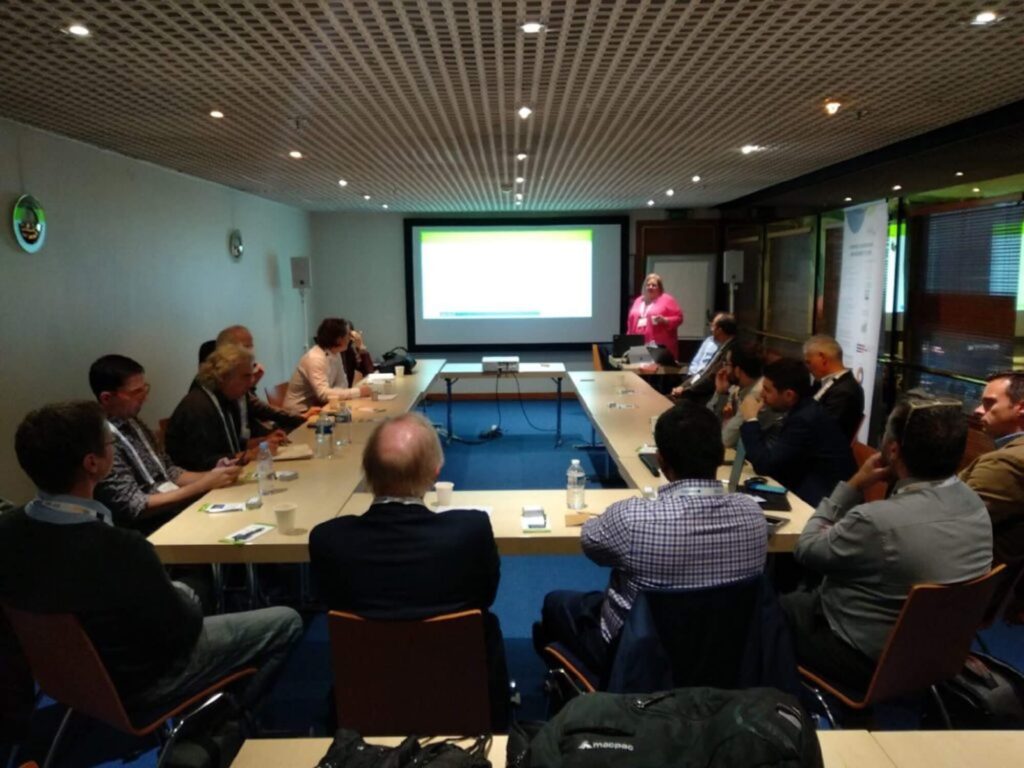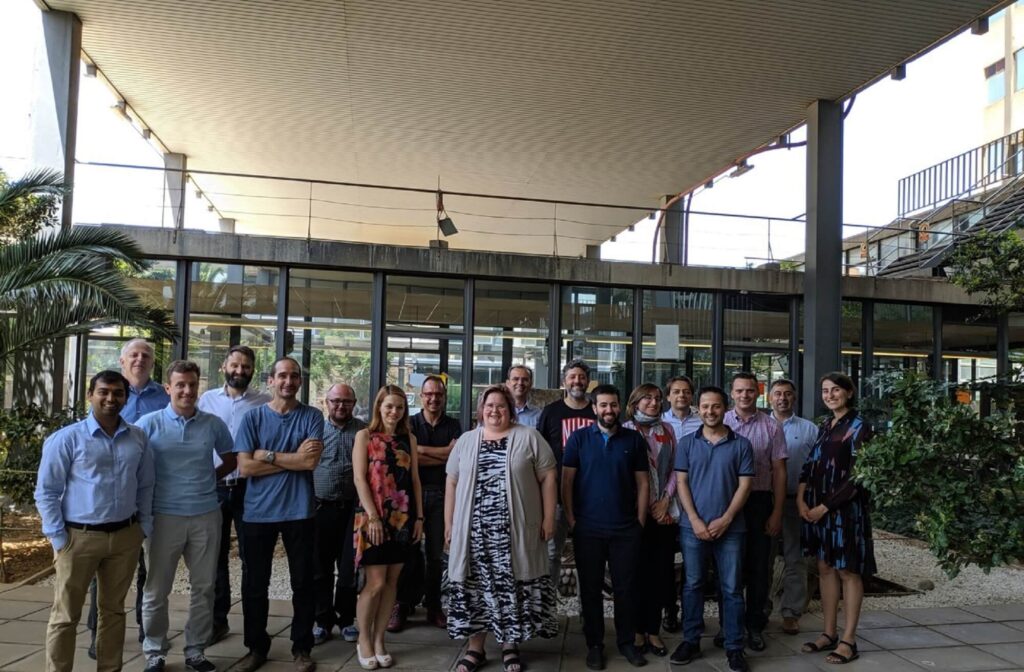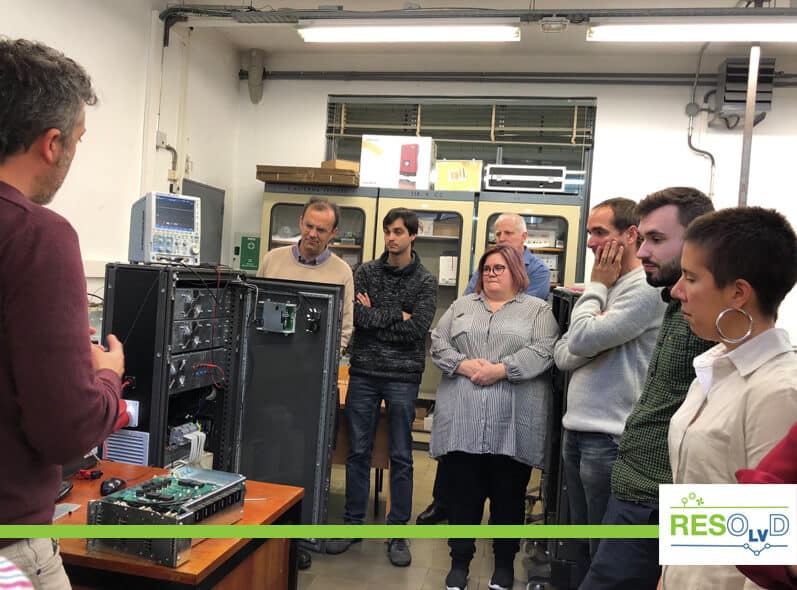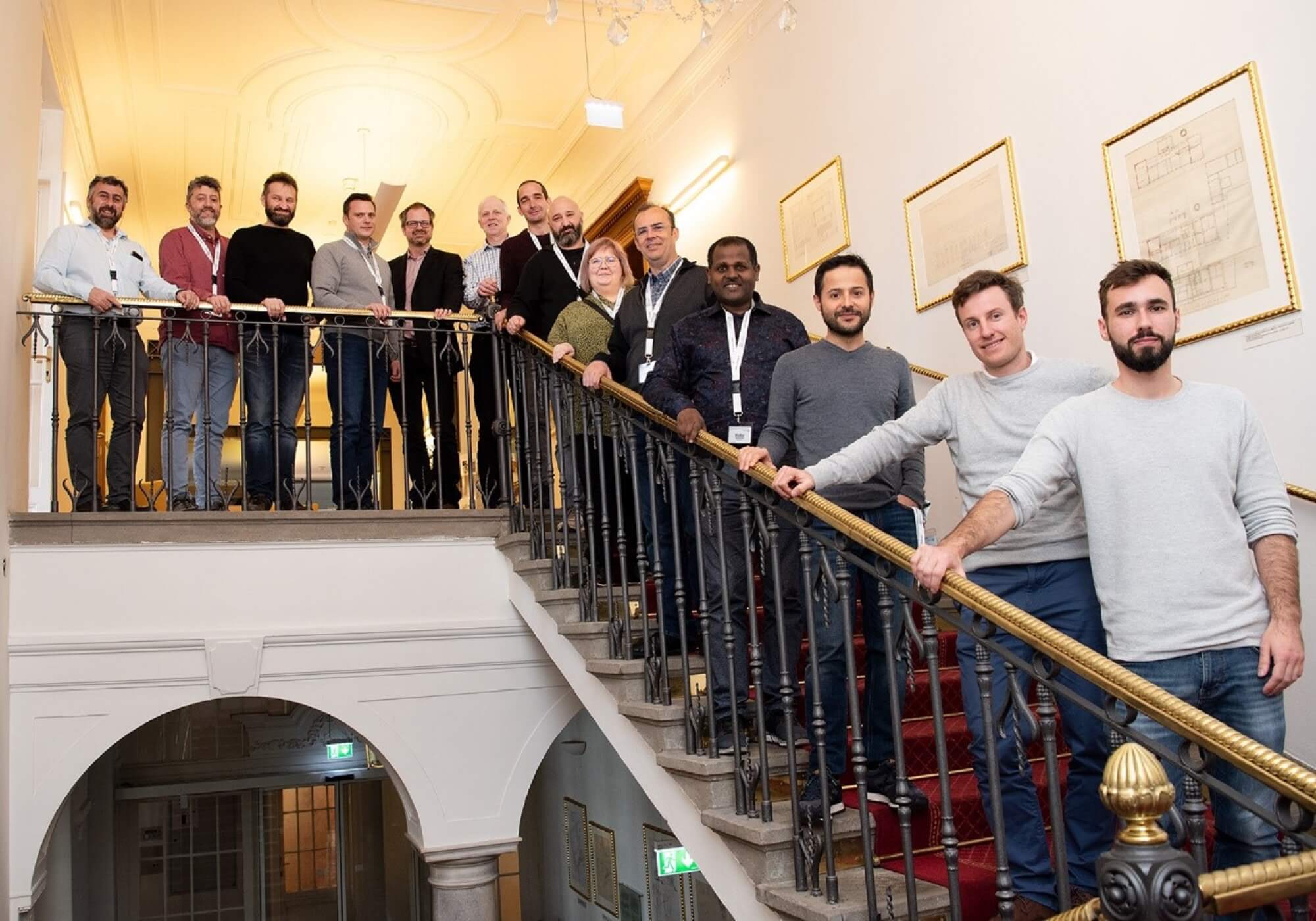“The project provides technology that enables more distributed renewables to be connected to the grid, thus directly affecting the climate change”
For the past three years, partners throughout Europe have been working together in the groundbreaking EU Horizon 2020 project, RESOLVD. During the project’s Final Event on 23-24 February, their findings will be demonstrated.

The main goal of RESOLVD has been to improve the efficiency and the hosting capacity of distribution networks, in a context of highly distributed renewable generation, by introducing flexibility and control in the low voltage grid. This has traditionally been a blind spot for the grid operators.
On 23-24 February Smart Innovation Norway will host the RESOLVD Final Event over two half-day digital sessions, where the results from the three-year EU Horizon 2020 project will be presented.
Celebration of success
“We want to organize an event to celebrate the success of the project and disseminate the outcomes. Smart Innovation Norway is responsible for leading the exploitation and I am the Innovation Manager of the project, so for our work, this event is important in attracting exploitation leads and future collaboration possibilities around the project topic,” says Heidi Tuiskula, Deputy Head of Research & Innovation at Smart Innovation Norway.
- Read also: Smart Innovation Norway Wins 9th EU project
The event targets energy sector actors and especially DSOs, as the technological solutions developed in RESOLVD focus on solving challenges in the low voltage grid and the main beneficiary for this technology is DSO.
“At the same time, the individual components offer business opportunities to a wider group of stakeholders in the energy sector. The two half-day sessions will provide a quick overview of the technologies as well as an opportunity to meet with the developers for more detailed discussions,” notes Tuiskula.

Smart Innovation Norway’s contribution
Smart Innovation Norway has been responsible for business model development, exploitation, and end-user engagement in the project.
“We have developed and tested a method for utilizing external stakeholders to speed up and improve the business model development work in short time projects like Horizon 2020 projects where one traditionally has 3-4 years to develop both the technology solutions and the business models around them,” explains Tuiskula. She adds:
“By hosting the Stakeholder Innovation Group in RESOLVD, we could harvest valuable feedback on market interest and applicability of the developed solutions already when they were under development.”

Through the successful business model development work, Smart Innovation Norway has been able to support all project partners with their exploitation of the project results as well as attract interest outside the consortium.
“This work has already resulted in two new publicly funded projects, Horizon 2020 E-LAND and Research Council of Norway project RESOLVD Norway, a few commercial follow-up pilots and the establishment of spin-out company from one of the partner companies,” says Tuiskula.
Significant findings
To reach the overall goal of RESOLVD, the consortium has developed and tested an array of solutions. The key exploitable results are:
- Power electronic solution that integrates multiple battery types and manages their dynamic energy and power flows.
- A wide area monitoring solution that provides increased observability of the low voltage grid and has edge computing capabilities.
- Gateway to measure power quality in the buildings or charging areas and communicates to 3rd party.
- Integration middleware software that facilitates interaction among various software applications that are relevant to a DSO. It also manages data exchange, analytics and visualisation.
- Cybersecurity threat modelling strategy that ensures security throughout system development lifecycle.
- A suite of web services that provides enhanced energy monitoring and scheduling capabilities.
“Final testing is still ongoing, but the current findings already show that the RESOLVD solutions mentioned above improve efficiency, hosting capacity and power quality. The concrete impact of these results will be published in a cost-benefit analysis paper by Smart Innovation Norway later this year,” explains Tuiskula.
Long-lasting influence
The RESOLVD Innovation Manager believes the Horizon 2020 project will leave both a short-term and a long-term footprint in Europe in the years to come.
“The short-term influence will be job-creation via the new projects and commercial piloting activities as well as through the spin-out company. Also, the project represents new knowledge for the research community and new partnerships around the topic,” she says, and continues:
“As for the long-term influence, RESOLVD provides technology that enables more distributed renewables to be connected to the grid, thus directly affecting the climate change.
In addition, the project consortium has published a whitepaper addressing the regulatory issues related to widespread utilization of RESOLVD solutions.”
- Would you like to learn more about how RESOLVD will impact Europe? Sign up for the Final Event TODAY
RESOLVD partners
- Universitat de Girona (UdG, coordinator)
- Intracom (ICOM)
- Joanneum Research (JR)
- Estabanell Energia (EYPESA)
- Universitat Politècnica de Catalunya (UPC)
- Smart Innovation Norway (SIN)
- Comsensus (CS)

